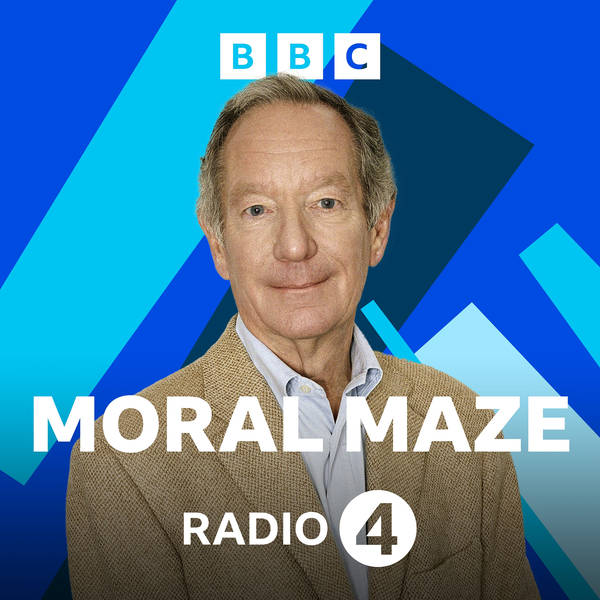
Virtue Signalling
There was a time when publicly standing up to protest at injustices, especially if they didn't affect you personally, was the sign of an upright citizen - the very definition of altruism - a "disinterested and selfless concern for the well-being of others." Now such expressions of moral outrage are as likely to be dismissed as "virtue signalling" as they are to be applauded. It's a neat and pithy phrase and like all the best neologism seems to capture and distil something in our cultural discourse. It's only been in use for a couple of years. You know the sort of thing - ice bucket challenges, male actors and politicians wearing t-shirts with the slogan "this is what a feminist looks like". Virtue signalling - the practice of publicly expressing opinions or sentiments intended to demonstrate our good character or the moral correctness of our beliefs - was only coined a couple of years ago, and has caught on like wild fire. Perhaps because the only thing people seem to like more than virtue signalling is judging other people. To some the phrase deftly skewers an age where politics is driven by narcissism and the echo chamber of social media where being moralistic is more important than being moral? But has what started off as a clever way to win arguments become a lazy put down or mental shortcut to dogmatism? Does accusing others of virtue signalling encourage you not to interrogate your own beliefs? Even if we can't change something we know to be wrong, big collective moral shifts in society have to start somewhere, so is dismissing them as empty gestures a cynical counsel of despair? There was a time when virtue was its won reward. Is that still the case? The morality of virtue signalling. Witnesses are James Bartholomew, Maya Goodfellow, Dr Jonathan Rowson and Professor Frank Furedi.
